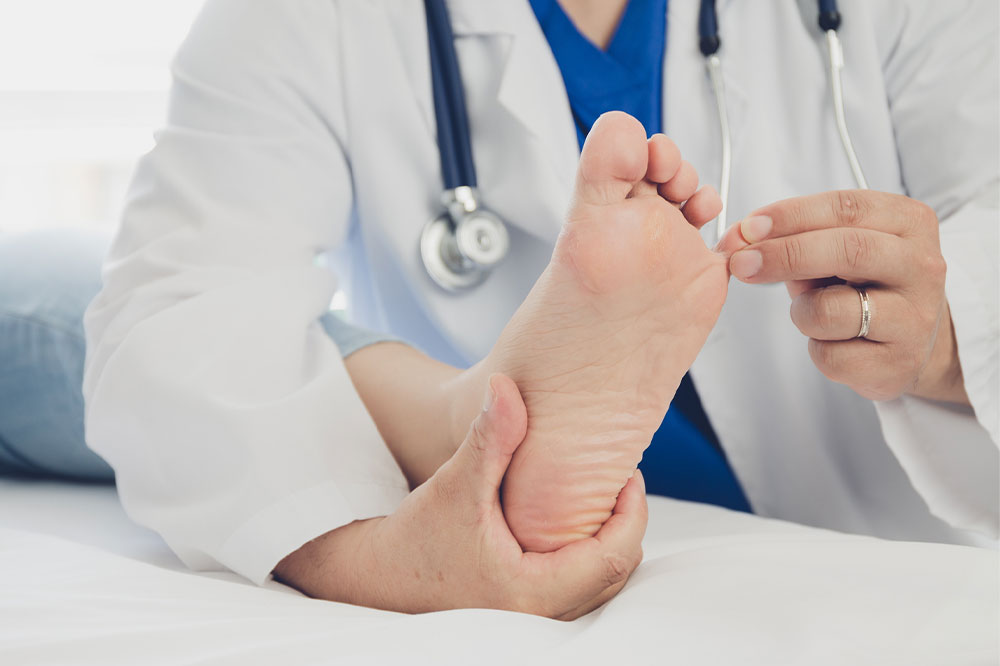Comprehensive Non-Educational Financial Assistance Programs for Single Mothers
Explore comprehensive non-educational financial support programs for single mothers, including housing, healthcare, nutrition, and childcare assistance. These vital programs help improve living standards and promote economic stability for solo mothers facing financial challenges, contributing to social welfare and gender equality.

Supporting Single Mothers Through Non-Educational Financial Aid Initiatives
Government Financial Support for Single Mothers: Non-Academic Assistance Programs
In numerous countries worldwide, governments recognize the unique challenges faced by single mothers and have established various financial aid programs to provide essential support. These programs are primarily designed to help single mothers cover basic living expenses, including housing, healthcare, nutrition, and childcare, without focusing solely on educational funding. Such initiatives aim to promote economic stability, improve quality of life, and foster social equality for mothers managing familial responsibilities on their own.
Most of these non-educational assistance programs are accessible to all single mothers who demonstrate financial need. The funds are intended to help families meet their daily needs more securely, reducing the risk of homelessness, poor health, and food insecurity. Critical support categories include rent and utility subsidies, healthcare coverage, child care support, and emergency relief services. Some of the most prominent government and charitable programs include:
Supplemental Nutrition Assistance Program (SNAP) — Provides low-income households, including single mothers, with grocery benefits that help purchase nutritious foods essential for maintaining good health. This initiative aims to combat food insecurity, ensuring children and families have consistent access to healthy meals.
SNAP is one of the largest and most widely used food assistance programs in the United States. Its primary goal is to provide dietary support to vulnerable populations, enabling them to meet daily nutritional requirements without financial hardship. By offering monthly benefits, SNAP helps reduce hunger and improves overall community health and well-being.
Women, Infants, and Children (WIC) Program — Focuses on maternal and child health by providing nutritional supplements, health education, and referrals to healthcare providers for pregnant or breastfeeding women and children under five living in low-income families. WIC promotes early childhood development and supports maternal health, which are critical during these formative years.
WIC’s comprehensive approach helps address nutritional deficiencies among at-risk populations and encourages healthy pregnancies and early childhood growth. It also educates mothers on proper nutrition, breastfeeding practices, and healthy lifestyle choices, contributing to better family health outcomes.
Medicaid — Offers affordable or free health insurance coverage to single mothers and their children, including essential medical and dental services. Medicaid aims to reduce healthcare disparities, promote preventative care, and ensure that families can access necessary medical treatment despite income limitations.
Many states expand Medicaid eligibility beyond federal minimums, providing broader access to healthcare services for low-income residents, including seniors and disabled persons. This coverage is vital for single mothers managing health issues or caring for children with special needs.
Section 8 Housing Assistance — Assists eligible low-income families by subsidizing a portion of their rent, making housing more affordable. This program helps prevent homelessness and stabilize families, especially those in insecure housing situations.
Additional charitable and government initiatives like the Salvation Army Housing Assistance provide emergency short-term support during crises, offering rent, utility, and essential needs assistance. These are crucial for families facing abrupt financial hardships.
LifeLine and Link-Up Programs — Offer discounted or free telephone and internet services, significantly reducing communication costs for low-income households. Accessible discounts can save families up to $9.25 monthly, easing the burden of monthly bills and improving connectivity to vital services.
Childcare Assistance and Support Services for Working Single Mothers
Access to affordable childcare is a top priority for single working mothers. Programs like Head Start and various state-funded initiatives provide comprehensive early childhood education, emotional support, and developmental services for young children, allowing mothers to pursue employment or further education without worrying about childcare costs.
These programs often include parenting resources, health screenings, and nutritional support, creating a supportive environment for both children and their mothers. Childcare subsidies, early education grants, and emergency childcare provisions help reduce the financial burden on single mothers, enabling them to participate fully in the workforce or vocational training.
Statistics reveal that nearly 40% of families led by single mothers struggle to meet basic living expenses, placing them at increased risk of poverty. Contributing factors include limited social safety nets, insufficient child support, and lower educational attainment levels. While many single mothers are employed, their earnings frequently fall short of meeting all their family's needs, underscoring the vital importance of government and charitable support programs. These programs serve as lifelines, ensuring that mothers and their children can thrive despite economic hardships, and play a crucial role in fostering social stability and economic independence.
In conclusion, non-educational financial assistance programs for single mothers are essential components of social welfare systems worldwide. They provide the safety net necessary for families to maintain health, stability, and self-sufficiency. By addressing the immediate needs like housing, food, healthcare, and childcare, these programs empower single mothers to improve their lives and secure a better future for their children.





